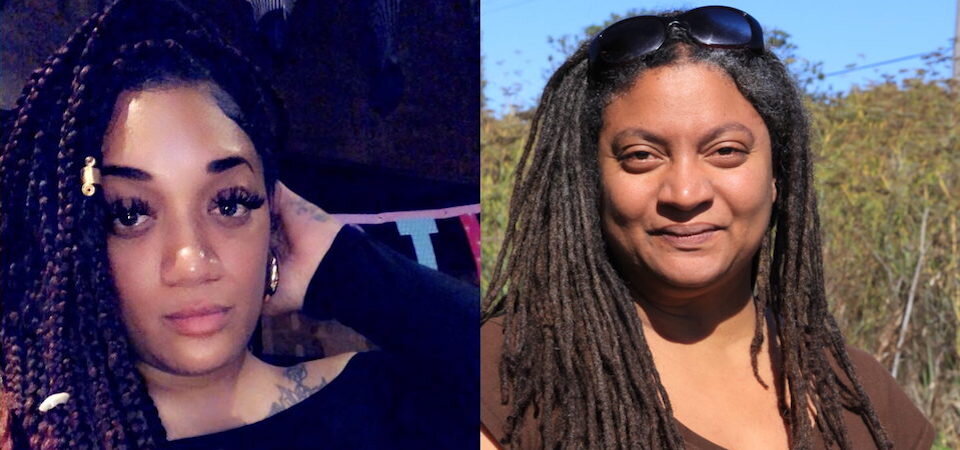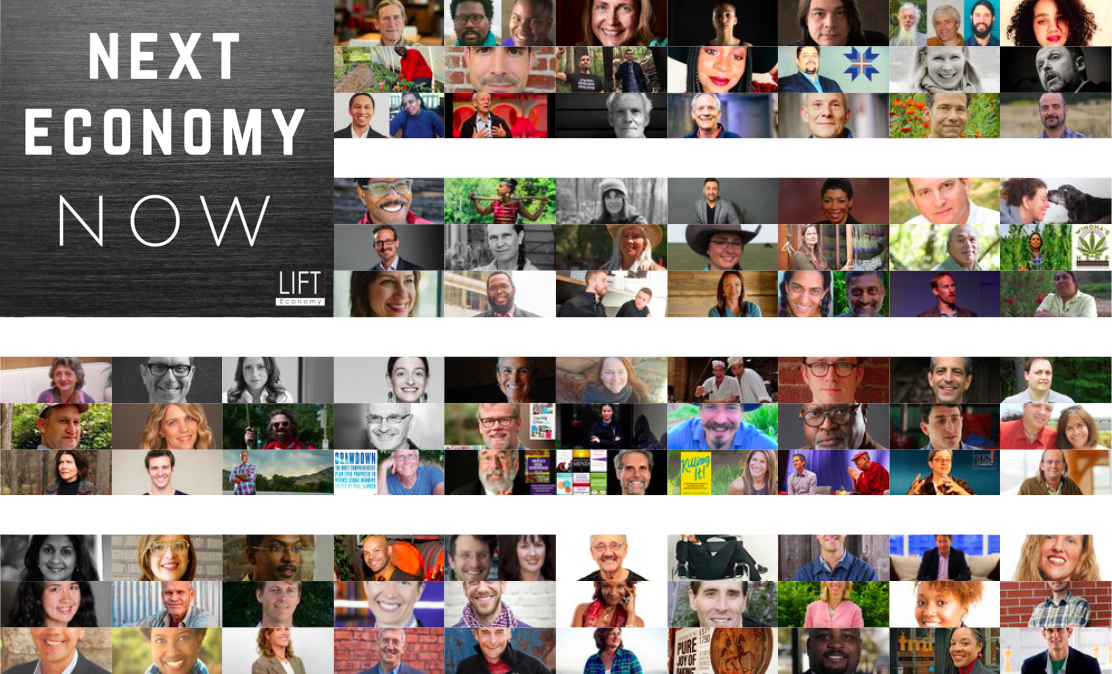Next Economy Now highlights the leaders who are taking a regenerative, bio-regional, equitable, transparent, and whole-systems approach to using business as a force for good.
SUBSCRIBE & RATE us on iTunes, Spotify, Pandora, YouTube, or anywhere you find podcasts!
Avi Lewis is an award-winning documentary filmmaker, journalist, and lecturer in Journalism and Media Studies at Rutgers University. His 25-year journalism career has spanned local news reporting to hosting and producing a variety of current affairs shows for television networks worldwide, to directing theatrically released documentaries, The Take and This Changes Everything, that premiered in festivals like TIFF and the Venice Biennale. In 2017, he co-founded and is now Strategic Director of The Leap – an organization launched to upend our collective response to the crises of climate, inequality and racism. He produced, and co-wrote with Alexandria Ocasio-Cortez, the Emmy nominated short film, A Message from the Future and is producer and co-writer with Opal Tometi of the new short film, A Message from the Future II: The Years of Repair.
Interview Highlights:
Avi shares the backstory on his film The Take, which highlights the surge of worker-owned cooperatives in Argentina and how he wound up co-founding The Working World with Brendan Martin (catch the interview with Brendan Martin on the Next Economy Now podcast here)
How Avi’s experience with The Leap Manifesto transformed him into an activist and inspired him to found The Leap
Avi humbly admits that he was slow to see that the climate crisis is not the overarching crisis but that it’s merely an expression of the multiple deeper social justice issues that give rise to it
Driving a vision of hope through a compelling collective vision that integrates justice movements globally through Avi’s and Opal Tometi’s new short film, A Message from the Future II: The Years of Repair
Help these ideas reach more eyes & ears:
LIFT Economy is an impact consulting firm whose mission is to create, model, and share a locally self-reliant economy that works for the benefit of all life.
Erin Axelrod is a Partner at LIFT Economy, helping to accelerate the spread of climate-beneficial businesses, specializing in businesses that address critical soil and water regeneration. She is an avid ecologist, grassroots organizer and regularly forages for wild food in her home in rural Sonoma County. You can follow Erin on Twitter @erinaxelrod or email her erin@lifteconomy.com.






































